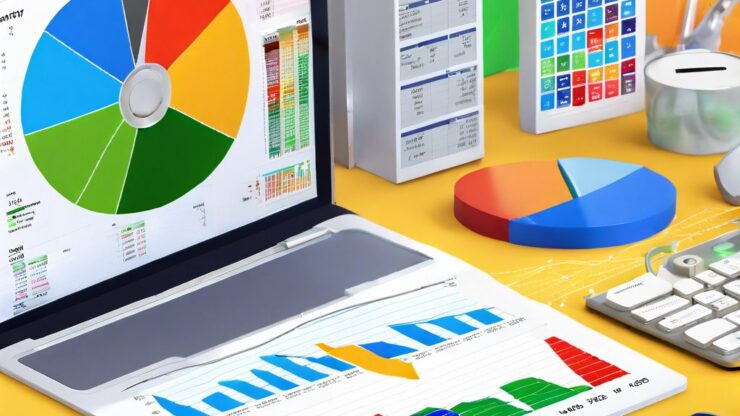Utility costs are an integral part of our monthly expenses, often making up a significant portion of our household budget. Understanding how to estimate and budget for these expenses can lead to more informed financial decisions. The key is to know what utilities you are responsible for and how to assess their costs effectively.
Most households are faced with bills for electricity, gas, water, and sometimes additional services like internet and trash collection. Each of these utilities has its own billing structure and variables that can affect the total cost. By breaking down each utility and understanding its components, you can create a more accurate budget.
When estimating utility costs, several factors come into play that can significantly impact your budget. These factors include seasonal changes, consumption habits, and the efficiency of your appliances. A thorough understanding of these influences can help you make better budgeting decisions.
To illustrate the factors that affect your utility bills, consider the following list:
- Seasonal Variability: Heating and cooling costs can fluctuate dramatically between seasons.
- Consumption Patterns: Be mindful of your daily usage habits, as they contribute to your overall bill.
- Appliance Efficiency: Older appliances may consume more energy, leading to higher costs.
- Utility Rate Changes: Keep an eye on any notices from your utility providers regarding rate changes.
By recognizing these factors, you can take proactive steps to manage your utility costs more effectively.
Creating a budget that accommodates your utility costs requires both careful planning and ongoing adjustments. Start by gathering your past utility bills to identify trends and establish a baseline for your estimated expenses. This foundational data will serve you well as you forecast future costs.
Consider implementing the following strategies to better manage your utility budget:
- Track Your Usage: Utilize apps or spreadsheets to monitor your energy and water usage over time.
- Set Monthly Limits: Based on your historical data, set realistic limits for each utility expense.
- Review Regularly: Revisit your budget monthly to compare actual spending against your estimates.
- Explore Energy Saving Options: Invest in energy-efficient appliances and consider behavioral changes that reduce consumption.
By applying these strategies, you can not only stay within your budget but potentially lower your overall utility costs.
Disclaimer
This article has been created or edited with the support of artificial intelligence and is for informational purposes only. The information provided should not be considered investment advice. Please seek the support of a professional advisor before making any investment decisions.






